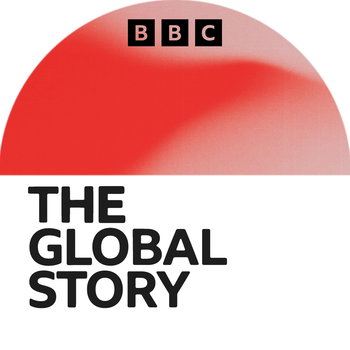
Sir Thomas Wyatt (Archive Episode)
Loading player...
Melvyn Bragg and guests discuss 'the greatest poet of his age', Thomas Wyatt (1503 -1542), who brought the poetry of the Italian Renaissance into the English Tudor world, especially the sonnet, so preparing the way for Shakespeare and Donne. As an ambassador to Henry VIII and, allegedly, too close to Anne Boleyn, he experienced great privilege under intense scrutiny. Some of Wyatt's poems, such as They Flee From Me That Sometime Did Me Seek, are astonishingly fresh and conversational and yet he wrote them under the tightest constraints, when a syllable out of place could have condemned him to the Tower. With Brian Cummings 50th Anniversary Professor of English at the University of York Susan Brigden Retired Fellow at Lincoln College, University of Oxford And Laura Ashe Professor of English Literature at the University of Oxford Producer: Simon Tillotson In Our Time is a BBC Studios Audio Production Reading list: Thomas Betteridge and Suzannah Lipscomb (eds.), Henry VIII and the Court: Art, Politics and Performance (Routledge, 2016) Susan Brigden, Thomas Wyatt: The Heart’s Forest (Faber, 2012) Nicola Shulman, Graven with Diamonds: The Many Lives of Thomas Wyatt: Courtier, Poet, Assassin, Spy (Short Books, 2011) Chris Stamatakis, Sir Thomas Wyatt and the Rhetoric of Rewriting (Oxford University Press, 2012) Patricia Thomson (ed.), Thomas Wyatt: The Critical Heritage (Routledge, 1995) Greg Walker, Writing Under Tyranny: English Literature and the Henrician Reformation (Oxford University Press, 2005) Thomas Wyatt (ed. R. A. Rebholz), The Complete Poems (Penguin, 1978)
Spanning history, religion, culture, science and philosophy, In Our Time from BBC Radio 4 is essential listening for the intellectually curious. In each episode, host Melvyn Bragg and expert guests explore the characters, events and discoveries that have shaped our world.
Spanning history, religion, culture, science and philosophy, In Our Time from BBC Radio 4 is essential listening for the intellectually curious. In each episode, host Melvyn Bragg and expert guests explore the characters, events and discoveries that have shaped our world.


